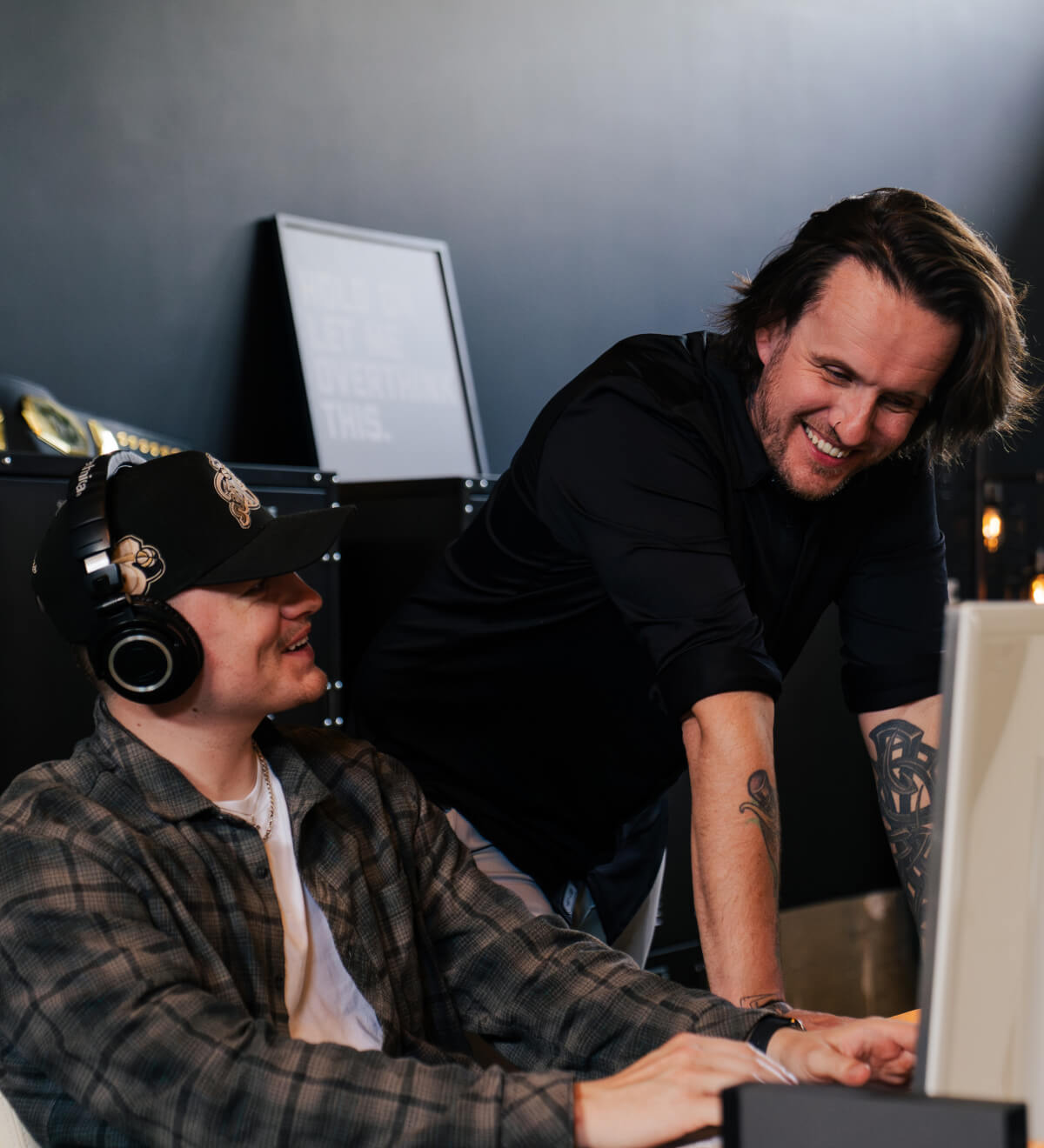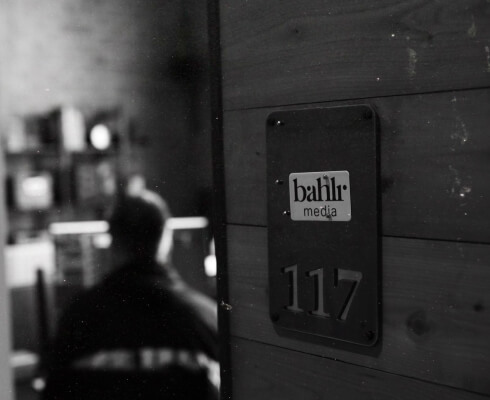The Client Creative Exchange
In creative industries, it’s easy to forget what our work is really about. We often get caught up in our own passion, ideas, and artistry, thinking that the best thing we can give our clients is a piece of ourselves. But the truth is simpler and much more valuable: working for clients is not our playground. It is an exchange of value.

When a client hires you, they are not investing in your personal expression. They are investing in outcomes—results that help their business succeed. If their money holds value to you, then what you create must hold equal or greater value to them. That’s the creative exchange.

When Clients Ask for a Music Change
Take something as simple as a client asking you to change the music in a video. To a videographer, this can feel frustrating because the entire edit is often structured around that one song. The pacing, the cuts, the transitions—sometimes hundreds or even a thousand micro-edits—all of it flows with the track you chose.
So when a client says, “Can we swap the music?” it feels like they’re undoing hours of your labor. But here’s the hard truth: the easiest solution would have been to address this before you ever opened your editing software. If the wrong track was chosen, the real problem wasn’t in the edit—it was in the lack of alignment during pre-production.
When music is handled upfront, it gives the client ownership in the vibe and energy of the project before the heavy lifting begins. When it’s not, the editor gets stuck in an endless cycle of revisions, not because their work is bad, but because the creative direction wasn’t clear.
Why Pre-Production Is 80% of the Work
This is why pre-production matters more than most creatives want to admit. Editing is critical, yes—but if you’re relying on the edit to “find” the story or “discover” the vibe, you’re setting yourself up for disappointment.
Pre-production is where you lock in direction. It’s where you map out the energy, tone, story, and deliverables in a way that both you and the client agree upon. It should cover details like:
- The tone and messaging of the project
- The overall vibe and emotion to be conveyed
- The specific music track or style of track that will guide the edit
- The structure, narrative, or sequence of the story
- Clear points of approval before filming and before editing
If you get all of this right, editing becomes a matter of execution. Instead of guessing or reimagining the project in post, you’re simply assembling a vision that has already been approved.
That’s why pre-production is 80% of the work. The better your preparation, the easier the edit. The harder the preparation is skipped, the more painful the editing becomes.


Collaboration vs. Guesswork
At its best, pre-production transforms the client from a critic into a collaborator. By walking them through your plans before a single shot is edited, you invite them into the creative process. You give them opportunities to say “yes” or “no” before hours of editing time are invested.
And here’s the difference: when a client has approved the vision upfront, their feedback later isn’t about changing the vibe—it’s about fine-tuning the execution. That saves both time and frustration, and it ensures that your creativity is being used to elevate the project rather than patch it together after the fact.
The Bottom Line
The client creative exchange is about value. They bring resources, trust, and expectations to the table. You bring creativity, skill, and execution. When both sides honor that exchange, the results are powerful.
So, when a client asks you to change the music, don’t take it personally. Take it as a reminder of how critical alignment is in the earliest stages of the project. Nail your pre-production, and you’ll never feel like you’re editing in the dark again.
At the end of the day, editing is just the assembly line. Pre-production is where the real creative work happens.

Ready to Elevate Your Brand? Let's Talk.
Read Also

The Real Reason We Keep Working With Certain Creators
In the production world, there’s a quiet truth nobody likes to admit:
Most creatives don’t lose opportunities because of talent—they lose them because of reliability.

Before You Hire Some Random SEO or Optimization Company, Read This
Let me start by saying this — my company doesn’t offer SEO or “optimization” as standalone services, so you’re safe here. I’m not trying to sell you anything.

Serving Clients at Their Highest Value
When we think about why client relationships fail, the natural assumption is that it must have been because we didn’t work hard enough.